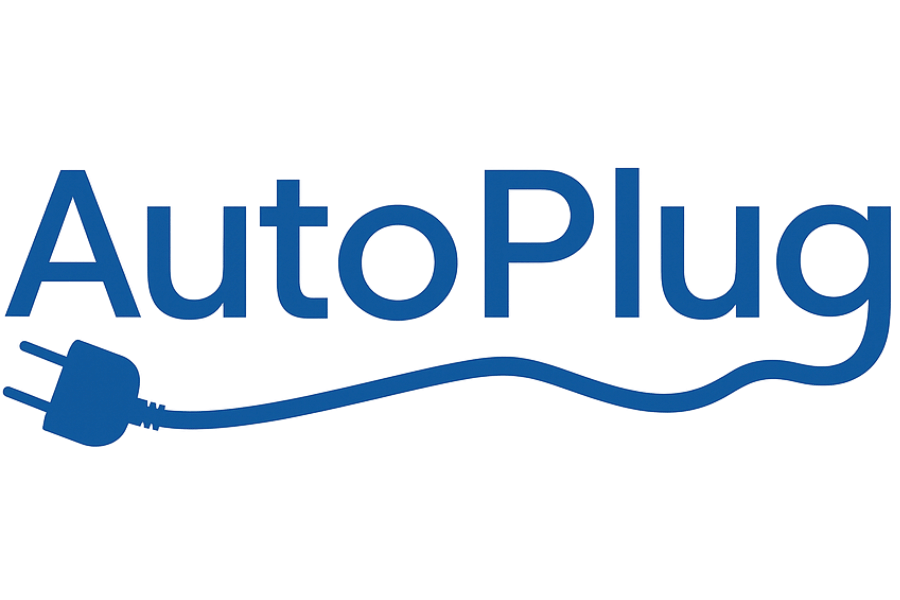Financing vs Paying Cash: What’s Better for a Used Car?
So you’ve found the perfect used car—congrats! Now comes the real question: Should you pay in cash or finance it?
If you’re stuck weighing your options, you’re not alone. Many Canadians face this exact dilemma, especially first-time buyers or those building credit. Whether you're looking at car financing in BC, applying for a no credit car loan, or you’ve got the cash ready to go, there are pros and cons to both paths.
Let’s break it all down—so you can decide what’s best for your wallet, your goals, and your future.
The Case for Paying Cash
Pros:
No interest: When you pay upfront, you're not dealing with interest charges or lender fees.
No monthly payments: Your car is 100% yours from day one—no bills, no stress.
Stronger buying power: Some sellers (especially private ones) are more willing to negotiate for a quick, cash sale.
No loan approval needed: If you’ve struggled with the minimum credit score for a car loan in Canada, cash gets you around that entirely.
Cons:
Depletes your savings: Dropping $10K+ all at once could leave you cash-poor in case of an emergency.
No credit building: Financing and making on-time payments is one of the best ways to build or rebuild credit—paying cash skips that benefit.
May miss out on low-rate financing deals: Some dealerships or lenders offer special rates, especially to boost used car sales.
The Case for Financing a Used Car
Financing is more flexible—and more common—than many people think. In fact, most Canadians finance their vehicles, even used ones.
Pros:
Preserve your savings: Keep your emergency fund intact by spreading payments over time.
Build credit: Consistent, on-time payments improve your credit score—even if you’re starting with no credit.
Access better vehicles: With financing, your budget stretches further.
Refinancing options later: If you start with a higher interest rate (like with a no credit car loan), you can refinance once your score improves.
Cons:
Interest and fees: Even with competitive rates, you’ll pay more than the car’s sticker price over time.
Monthly commitment: You’ll need to budget for consistent payments—miss one, and your credit takes a hit.
Requires loan approval: If your credit is very limited or damaged, it might be harder (but not impossible) to get approved.
Not Sure What You Can Afford? Do the Math First
Before choosing either option, plug your numbers into an auto loan calculator Canada drivers trust. You’ll need to know:
Your estimated loan amount
Interest rate
Term length
Any down payment
This will give you a clear picture of what financing really costs you each month—and over time. If the payment fits your budget and your goal is to build credit, financing might be the better move.
On the flip side, if you’ve saved up and want a clean, debt-free purchase, cash could give you peace of mind.
How to Apply for a Car Loan Online (If You Go the Financing Route)
Not a fan of dealership pressure? You’re not alone. Luckily, you can now apply for a car loan online through platforms like AutoPlug. It's built for buyers of all credit types, including:
First-time buyers with no credit
Rebuilders working with lower scores
BC drivers looking for flexible, fast options
You’ll get pre-approved in minutes, compare real offers, and avoid any guesswork. Plus, you can plan your payments and budget using their built-in calculators and tools.
Final Thoughts: So, What’s Better?
It depends on you.
Pay cash if:
You have enough savings left over for emergencies
You want to avoid interest and monthly payments
Credit building isn’t a priority right now
Finance the car if:
You want to build or improve your credit score
You prefer to keep your savings untouched
You qualify for a competitive loan (or plan to refinance later)
If you're leaning toward financing but unsure about approval, don’t stress. AutoPlug can walk you through the process—from no credit car loan options to smart budgeting tools that help you decide confidently.
